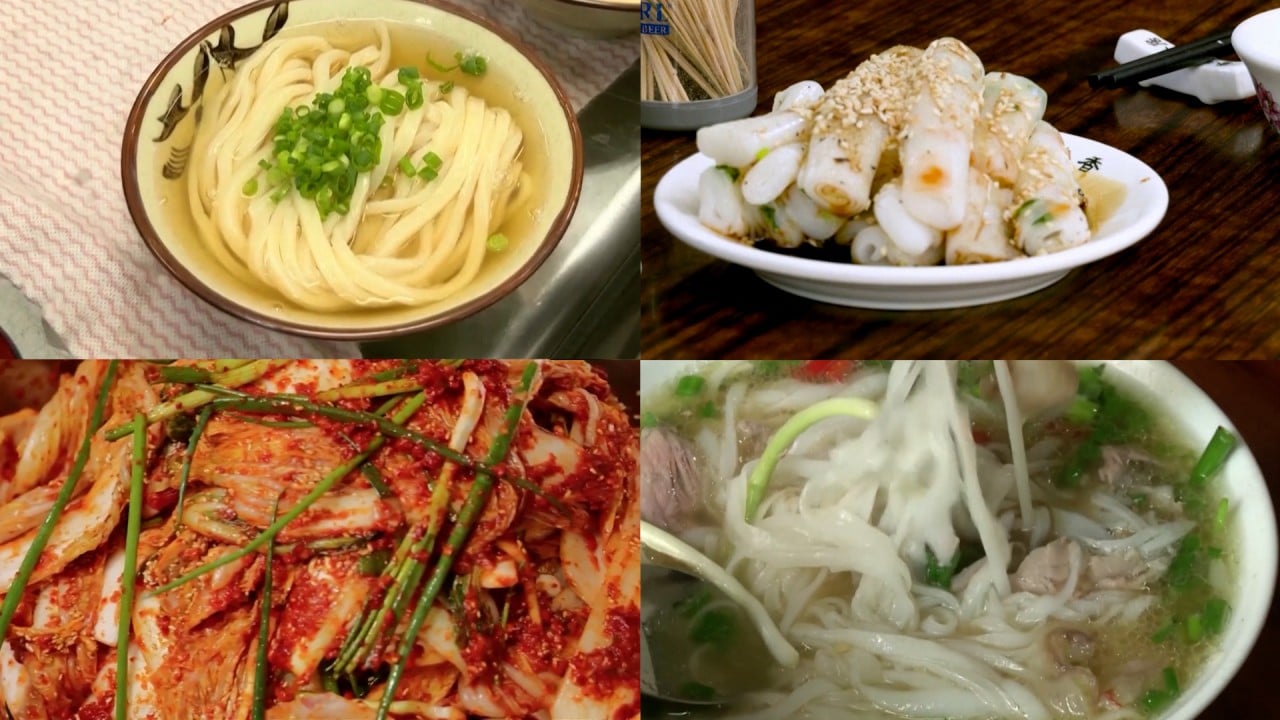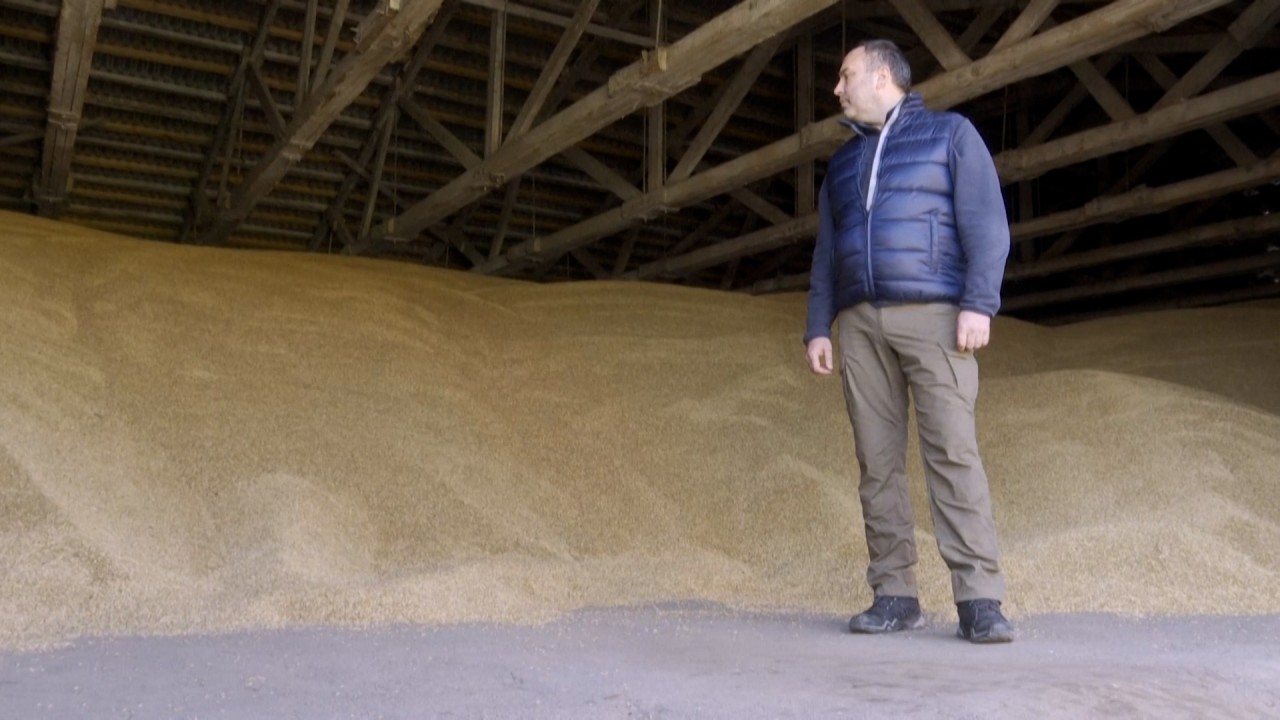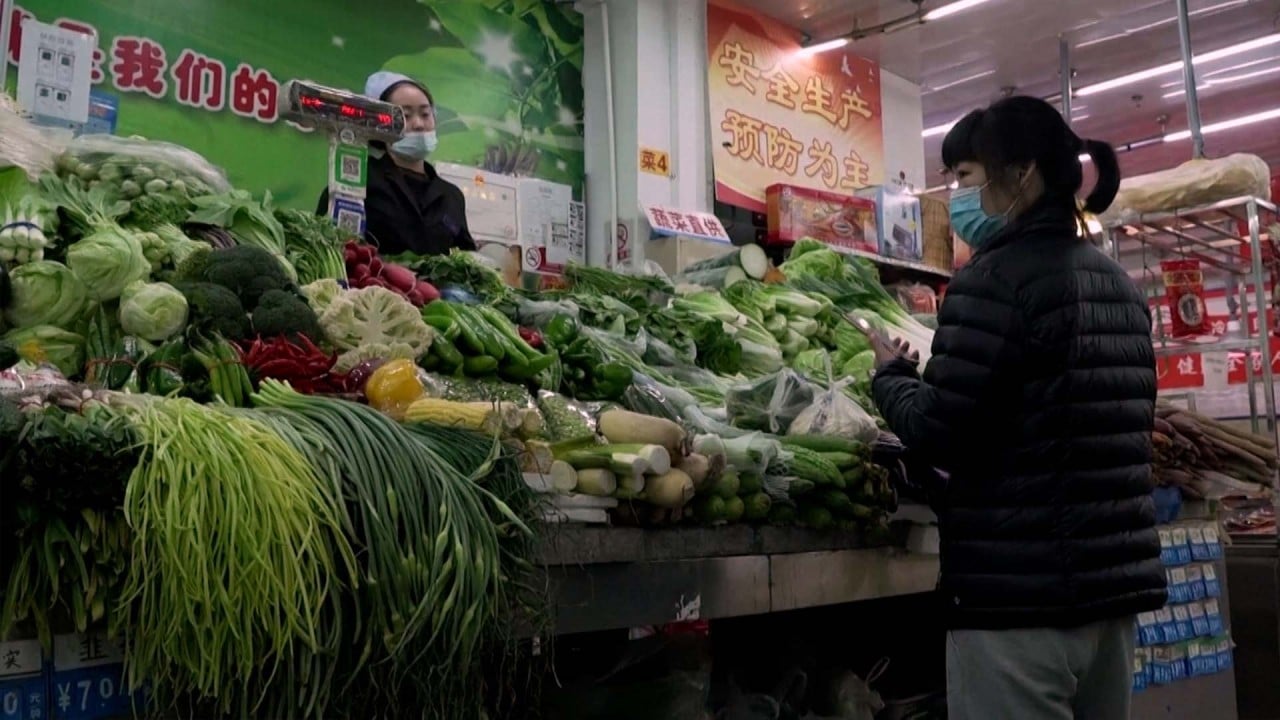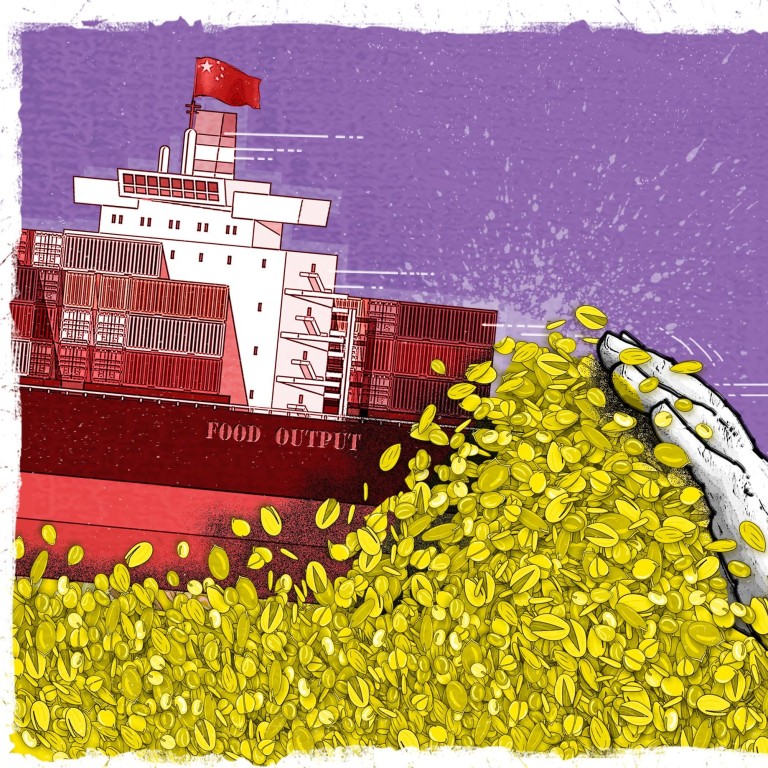
China food security: Beijing moves to ‘revitalise’ seed industry as coronavirus, geopolitical tensions ramp up supply fears
- China in April enlarged its list of state-sponsored seed breeding and production bases for the first time since 2013
- Development of the seed industry is viewed as essential to ensuring food security and reducing reliance on imports
China has taken another step towards unclogging a bottleneck in national food output by expanding the number of accredited seed breeders, as the country pushes for self-sufficiency in the face of rising geopolitical uncertainty.
For the first time since 2013, China has enlarged its list of state-sponsored seed breeding and production bases, adding 116 to the existing 100 hubs already operating, according to the Ministry of Agriculture and Rural Affairs.
The government hopes the national bases will supply more than 80 per cent of the seeds needed for crop production by 2025, up from more than 70 per cent in the 2016-20 period, the ministry said in a statement earlier this month.
“This is a concrete move to revitalise the seed industry,” said Li Guoxiang, a fellow at the rural development institute under the Chinese Academy of Social Sciences.
China’s [agricultural] resources are limited … the only area that can make breakthroughs now is seeds
The expansion of accredited breeders will encourage more research and development (R&D) and give China a higher tolerance for failure, he said. It will also help meet the diverse requirement for seeds in different regions.
“China’s [agricultural] resources are limited … the only area that can make breakthroughs now is seeds,” he said.
The list was unveiled following a fresh call by President Xi Jinping this month for China to continue working towards an independent seed industry.
Development of the sector is viewed as essential to increasing domestic grain output and reducing reliance on imports, while ensuring China’s population of 1.4 billion people has enough food given limited arable land and water resources.
China’s high dependence on imported seeds, the limited crop yields from domestically produced seeds and a lack of innovation in the sector has set off alarm bells among some policymakers in Beijing.
The UN Food and Agriculture Organization has warned of a possible worldwide food crisis due to the Ukraine crisis, as it threatens production of key staple crops. Russia and Ukraine represent more than half of the world’s supply of sunflower oil and about 30 per cent of the world’s wheat.
Li said sanctions on Russia were a wake-up call for Beijing, highlighting that China’s seed supply could be put at risk amid rising geopolitical tension.
5 major concerns for China’s food security
The government is banking on technologies like genetic modification (GM), gene editing and biosynthesis to provide answers.
In late 2019, authorities issued for the first time in a decade biosafety certificates for domestically grown GM soybean crops and two corn crops. Since then, Beijing has accelerated approval for more varieties.
In a major overhaul of rules in January, the agriculture ministry laid out a clear path for seed companies to get approval for commercialisation of GM corn and soybeans.
A month later it issued a document encouraging innovation in GM crop production, though foreign investors are banned from involvement in the sector.
China is the world’s second largest seed market behind the US, but a net importer of the tiny building blocks for agriculture.
The deficit in China’s seed trade widened to US$350 million in 2021, a huge plunge from a surplus of US$37 million in 2014, according to the China National Seed Trade Association and the Agricultural Trade Promotion Centre.
A US-developed corn seed has become the second most planted corn variety in the country, at one point accounting for 70 per cent of the market in the northeastern province of Jilin, a major corn producing region.
Beijing approves hundreds of seed varieties every year, but 80 per cent of them are criticised as having no commercial value, according to the National Business Daily.
A major problem is crop yields. China’s per unit yield of corn is 43 per cent less than that of the US, where GM has been widely applied, according to Wan Jianmin, an academic at the Chinese Academy of Engineering and former vice-president of the China Academy of Agricultural Sciences.
While the soybean was first domesticated in China, the country’s per unit yield for the legume is only 60 per cent of the global average, and lower than Argentina and Brazil.
We hope that the more capital can enter the seed industry innovation, now it is indeed too small
Though China has the most seed breeders in the world and produces the largest number of crop breeding research papers, the combined annual R&D investment of more than 7,000 Chinese seed-producing companies was only half that of German pharmaceutical and life sciences company Bayer, the state-backed Economic Daily said in April.
China’s seed industry is also suffering from poor coordination between central and local agencies, creating repetition in research, said Wan at the 2022 China Agricultural Outlook Conference last week.
“We hope that the more capital can enter the seed industry innovation, now it is indeed too small,” he said, adding intellectual property rights also needed to be enhanced.
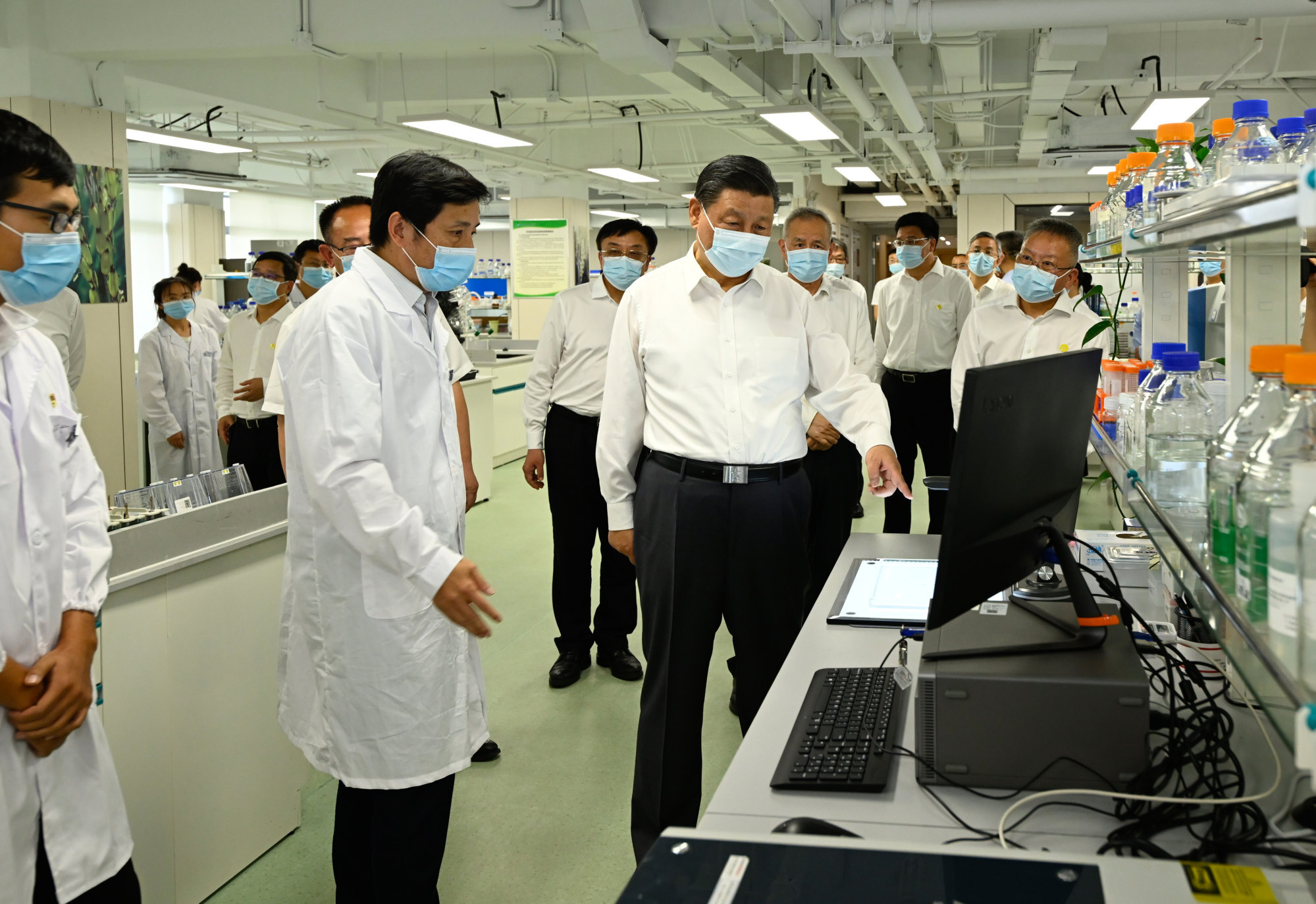
Cultivating new crop and animal varieties using GM technology “is expected to meet China’s rising demand for grains and protein, and fundamentally ensure the country’s grain security,” said Wu Kongming, a leading member of China’s committee on agricultural GM biosafety.
Wu, who is also an academic at the Chinese Academy of Engineering, said that GM technology was “the key” to enhance competitiveness of China’s soybean industry and was likely to improve the country’s corn output by between 7-17 per cent.
China needed to up its game in seed production, as 70 per cent of all agricultural biotechnology patents are controlled by the US, he said.
Like other parts of the world, one of the reasons GM food and farming technology have not gained traction in China is scepticism about its safety.
Controversy around planting and eating GM grains has been a fixture of public discussion for decades in China, as concerns about potential risks to health and the environment have intertwined with conspiracy theories.
China has already allowed some foreign-developed GM soybeans, corn, rapeseed, cotton and sugar beets to enter the domestic market to be processed as raw materials. But only GM cotton and papaya have been commercially planted.
Speaking in 2020, Du Ying, former deputy head of the National Development and Reform Commission, said authorities should do more to tell the public about GM technology and its potential benefits.
He drove home the importance of biotech innovation at the 2022 China Agricultural Outlook Conference this month.
“Due to fixed soil and water resources, the fundamental way to ensure domestic food supply is secure lies in technological progress; and the greatest potential lies in a breakthrough with fine seeds,” he said.
But others in China have urged a more cautious approach to applying GM technology to agriculture.
GM crops might not necessarily lead to larger grain output or higher incomes for farmers, but the technology is likely to increase profits for some seed companies and bring potential safety risks, said Ma Wenfeng, a senior analyst with Beijing Orient Agribusiness Consultant.
Yang Baolong, president of the China Soybean Association, said last year non-GM soybeans should be recognised for their importance in terms of “species protection and continuation”.
The market for non-GM soybeans remained “extremely vast” and the advantages of these varieties should not be ignored, he said.


